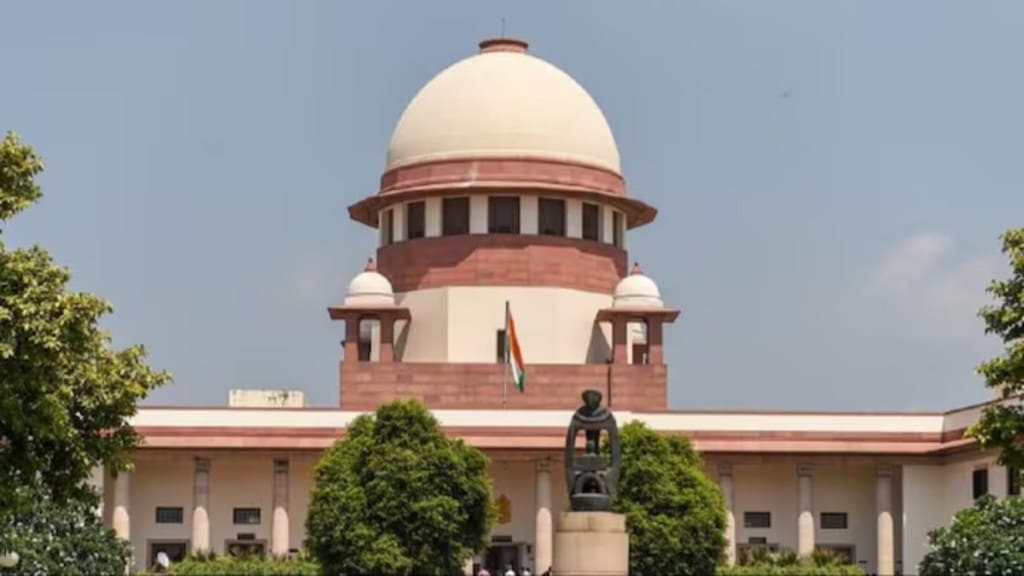The Supreme Court is set to hear a petition on Monday, February 3, seeking the implementation of specific guidelines and regulations to ensure the safety of devotees attending the Maha Kumbh. The plea comes after a tragic stampede on January 29, which claimed the lives of at least 30 people and left 60 others injured during the religious gathering in Prayagraj.
The petition, filed by advocate Vishal Tiwari, is scheduled to be heard by a bench comprising Chief Justice Sanjiv Khanna and Justice Sanjay Kumar. The plea calls for measures to prevent stampede incidents and to protect the fundamental rights of equality and life under Article 21 of the Constitution.
Tiwari’s petition, which includes the Centre and all states as parties, urges both the central and state governments to work together to create a safe environment for devotees attending the Maha Kumbh. The petition also calls for the establishment of facilitation centres at Prayagraj, providing safety information and emergency assistance to residents from various states.
The plea highlights the importance of clear communication with attendees, proposing the installation of signage and announcements in multiple languages to help pilgrims navigate the event more easily. Additionally, the petition advocates for using SMS and WhatsApp messages to disseminate safety protocols to attendees.
The plea further calls for coordination between the Uttar Pradesh government and other states to ensure the presence of doctors and nurses at the venue, as well as regulating VIP movement to avoid congestion. Public safety, according to the petition, should take priority over VIP protocols to ensure smooth crowd movement and prevent further tragedies.
In light of the January 29 stampede, the petitioner has urged the Supreme Court to direct the Uttar Pradesh government to submit a status report on the incident and take legal action against those responsible for any negligence. The stampede occurred on Mauni Amavasya, one of the most auspicious days in the Hindu calendar, during which a large number of devotees gather for the holy dip at the Kumbh Mela.
The petition also draws attention to past stampede incidents at religious gatherings, citing the 1954 stampede at the Kumbh Mela in Prayagraj that resulted in over 800 deaths. Other incidents mentioned include the 1986 stampede at Haridwar, which killed around 200 people, and the 2003 stampede in Nashik, which resulted in 39 deaths and over 140 injuries.
Given the scale of the Kumbh Mela, one of the largest religious gatherings in the world, the petition stresses the need for coordinated efforts from all states to manage crowds effectively, provide adequate medical facilities, and ensure transportation and security for millions of pilgrims attending the event.
(With PTI Inputs)

